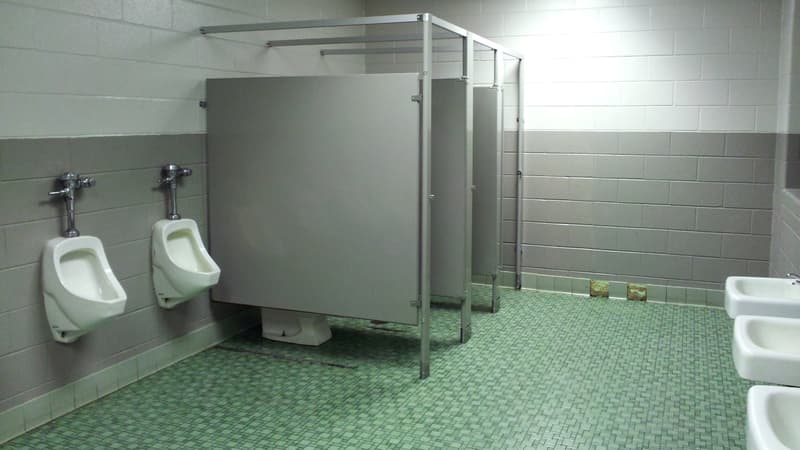The National Health Security Agency (ANSES) gives the alarm. The authority is concerned about accidents that occur in nursery schools, where children suffer burns after coming into contact with disinfectant products.
“The use of products to disinfect bathrooms or furniture in nursery schools was the cause of a hundred accidents during the period 2017-2022,” explains a statement from the agency on September 7.
Specifically, 118 incidents were recorded. Most often they took place in kindergartens, where the disinfection of bathrooms is carried out “with biocidal products.” The problem would have worsened in 2020 and 2021, a resurgence “most likely related” to the measures adopted to stop the spread of Covid-19.
In the midst of a crisis, it was customary to disinfect tables, chairs, and toys as often as possible. But if these sanitary protocols have more or less disappeared with the state of sanitary emergency, the incidents will continue in 2023.
“Low severity” burns, with some exceptions
ANSES points out that the skin of children who go to kindergarten (under six years of age) is more fragile. He adds that one population seems more concerned: “the girls who sit on the toilet bowl.”
Although the problem is enough for ANSES to issue an alert, most cases were not serious. Some serious burns were still recorded.
“While the skin damage was overwhelmingly low severity, eleven children sustained a second-degree burn and one child received a skin graft for a third-degree burn to the rear,” the statement said.
avoidable mistakes
The health authority points out that the errors that can cause these burns are simple: lack of rinsing, poor dilution or a product used for incorrect use. Accidents that are sometimes caused by bad instructions from manufacturers.
To curb this problem, six recommendations have been put forward. Use products adapted to the task, favor less harmful products, do not disinfect in the presence of children and wait a long time before allowing them access to sanitary facilities, etc.
In addition, if a problem arises despite these recommendations, the ANSES indicates that the skin in contact should be washed with clean water and then, “when the contaminated area is extensive or skin lesions appear, consult a doctor or call a poison control center.
Source: BFM TV


